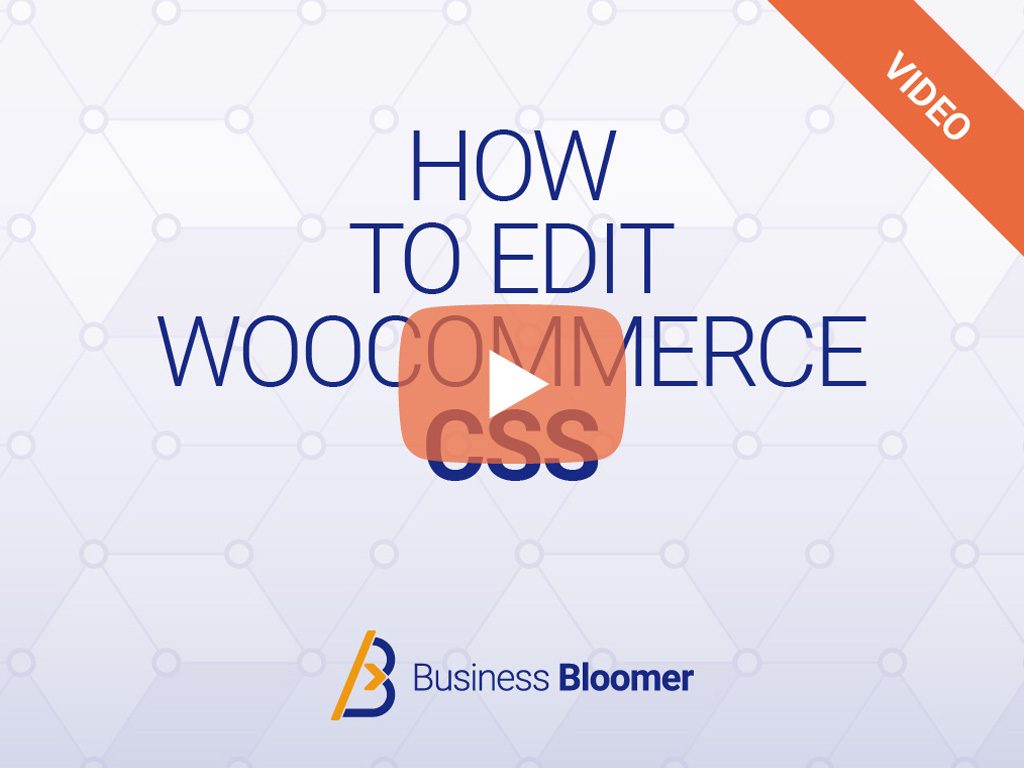Maybe because I’m Italian, but I like exclamation marks! Also, Italian gestures – of course. With that being said, today we look at an amazing WooCommerce customization.
I’ve finally gained back some free time to work on my personal projects, and one of these is an affiliate website. In order to drive traffic to this WooCommerce website, we have a major content strategy and we publish 7 relevant posts per month.
However, it’s difficult to drive blog readers to the shop page, so I came up with a great idea – why not adding a grid of relevant related products at the end of each blog post, based on the most used keywords?
The rationale behind this is quite easy:
- you have a list of product tags
- you have a blog post full of words
- you count and define the most mentioned product tag
- you show 10 products from that product tag
Cool, ha? Well, let’s take a look at my code, and feel free to use it on your install!

PHP Snippet: Show Related Products In a Blog Post Based on The Most Mentioned Product Tag
Important note: right at the beginning of the snippet, you must first build manually (or find an automatic way to build it) an array of “BLOG POST WORD” -> “PRODUCT TAG SLUG” relationships. This is unless your products tag slugs are exactly identical (case sensitive) to the words you want to count inside the blog post.
Other cool stuff inside the snippet:
- We loop through the array and use substr_count, a cool PHP function that counts how many times a substring is mentioned in a string, to count how many times our “WORDS” (array keys) are mentioned in the blog post content. During the loop I basically use the $max variable to store the greatest count, and in such case I overwrite the $top_tag variable with the current tag slug
- Once the loop is completed, if at least one tag slug was found, I simply use the WooCommerce [products] shortcode with the “tag” attribute, so that I can get a list of products within that product tag!
/**
* @snippet Related Products @ Blog Post
* @how-to Get CustomizeWoo.com FREE
* @author Rodolfo Melogli
* @compatible WooCommerce 7
* @community https://businessbloomer.com/club/
*/
add_filter( 'the_content', 'bbloomer_blog_post_related_products' );
function bbloomer_blog_post_related_products( $text ) {
if ( is_singular( 'post' ) ) {
$word_to_tag = array(
'pasta' => 'pasta-2',
'pizza' => 'sicilian-pizza',
'spaghetti' => 'spag',
);
$max = 0;
$top_tag = '';
foreach ( $word_to_tag as $word => $tag_slug ) {
if ( substr_count( $text, $word ) > $max ) {
$max = substr_count( $text, $word );
$top_tag = $tag_slug;
}
}
if ( $top_tag ) $text .= '<h2>Related Products</h2>' . do_shortcode( '[products columns="5" limit="10" tag="' . $top_tag . '"]' );
}
return $text;
}








